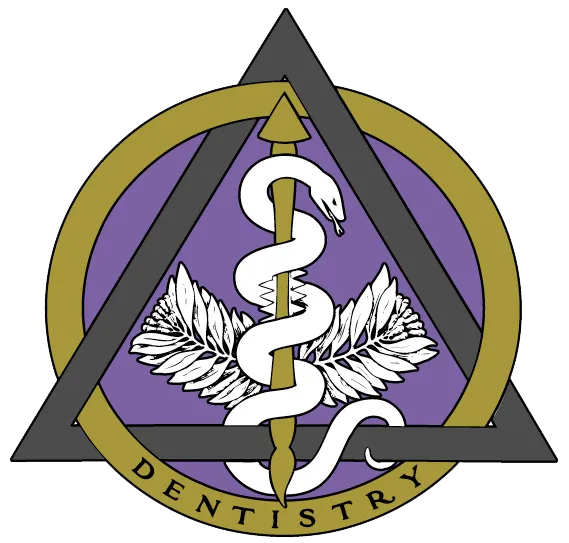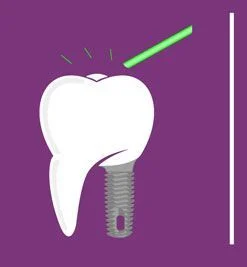Care of the Mouth Following Oral Surgery
Surgery of the mouth is similar to surgery in other parts of the body and requires careful attention to post operative instructions
WOUND CARE: Do not disturb the wound. Do not rinse your mouth or use a mouthwash the day of surgery. If you smoke, please refrain from doing so for at least four days following surgery. Avoid probing the wound. A waterpik should not be used during the early healing period. The above activities will cause complications with wound healing.
SWELLING: Facial swelling may occur following extractions and oral surgery procedures. To help minimize swelling, apply an ice pack to the face for 20 minutes; remove for 20 minutes; alternating back and forth throughout the first day after surgery. To be most effective, the applications of the ice packs should begin as soon as possible. The maximum amount of facial swelling occurs two days following the surgery. Once present, it can remain swollen for upwards of 7 days; discomfort may persist for 10 days.
PAIN: A variable amount of pain follows most extraction and oral surgery procedures. If you are given a prescription for pain tablets, please use as directed. Many times analgesics are prescribed on a scheduled basis. Excessive or increased pain after the third day following surgery is not normal. Should this occur, please call the clinic at your earliest convenience. You may need to return to the clinic for further evaluation.
BLEEDING: A slight amount of bleeding or oozing is to be expected up to 24 hours or more. These conditions are no cause for alarm. Following your oral surgery, a small sterile gauze compress was placed on the wound and you are asked to maintain steady biting pressure on the gauze.
If excessive bleeding should occur, the following procedure should be done:
- Gently wipe excess blood from mouth.
- Place a clean, sterile gauze pad directly over the area which is bleeding and maintain a steady, firm bite on the gauze for 30 minutes. If not successful, repeat procedure with gauze soaked in a strong solution of tea (or bite on a tea bag) for another 30 minutes.
- Remain quiet, sit upright, and apply an ice pack to the face; do not spit.
- If the previously mentioned measures do not succeed, call the clinic.
NAUSEA: Nausea is not uncommon event after surgery, and it is sometimes caused by stronger pain medications. Nausea can be reduced by preceding each pill with a small amount of soft food, then taking the pill with a large volume of water. Try to keep taking clear fluids and minimize the pain medication, but call us if you do not feel better or if repeated vomiting is a problem. Cola drinks that have less carbonation may help with nausea.
DISCOLORATION: Facial discoloration (black and blue bruising) may occur following extraction and oral surgery procedures. Discoloration is normal and is no cause for alarm. It may persist as long as several weeks.
JAW STIFFNESS: For several days following surgery, begin using warm salt water rinses after meals and several times during the day as directed by the doctor. Gently swish for 30 seconds and release fluids from the mouth. Do not spit. One-half teaspoonful of table salt and a full glass of warm water is recommended.
PHYSICAL ACTIVITY/REST: Keep physical activity to a minimum. Avoid athletic and strenuous activities and get plenty of rest.
STITCHES: Following many extractions and oral surgery procedures, stitches are placed in the tissues. Your doctor will advise you if a return appointment for stitch removal is necessary.
DRY SOCKET: Despite the best of care, a small percentage of the patients who have teeth removed will develop what is commonly known as "dry socket." A "dry socket" is a condition where the wound healing sequence is disturbed or altered after removal of a tooth. A "dry socket" usually develops about 3-10 days after removal of a tooth. Typically a patient will note increased pain at the extraction site. The aching pain, which steadily worsens, may radiate along the jaw and into the ear. If you exhibit these symptoms please call our clinic at your earliest convenience. You may need to return to the clinic for further evaluation. Smoking increases the risk of developing a dry socket.
BRUSHING: Resume your normal oral hygiene routine within 24 hours following surgery. Soreness and swelling may not permit vigorous brushing of all areas, but please make every effort to clean your teeth within the bounds of comfort.
NUMBNESS: Local anesthetics may be effective for as long as 24-48 hours. Should you experience numbness beyond this period, please notify the clinic.

